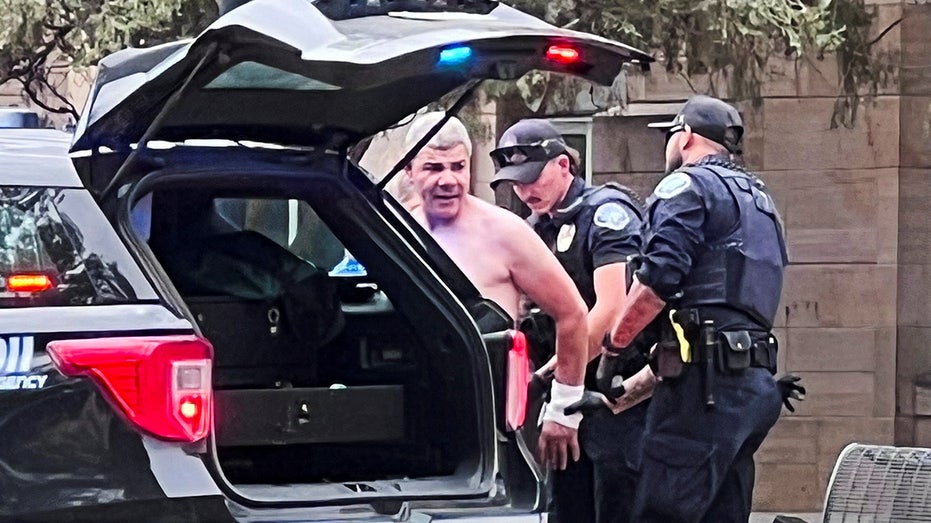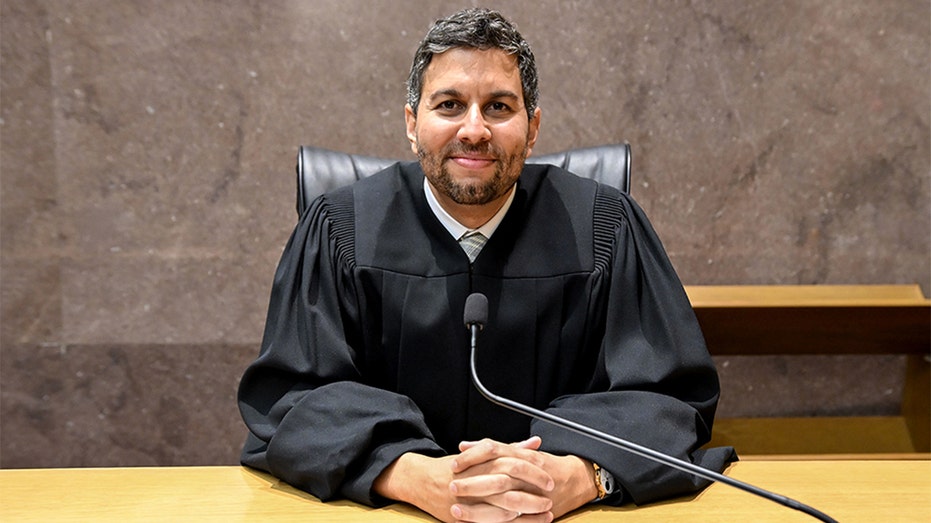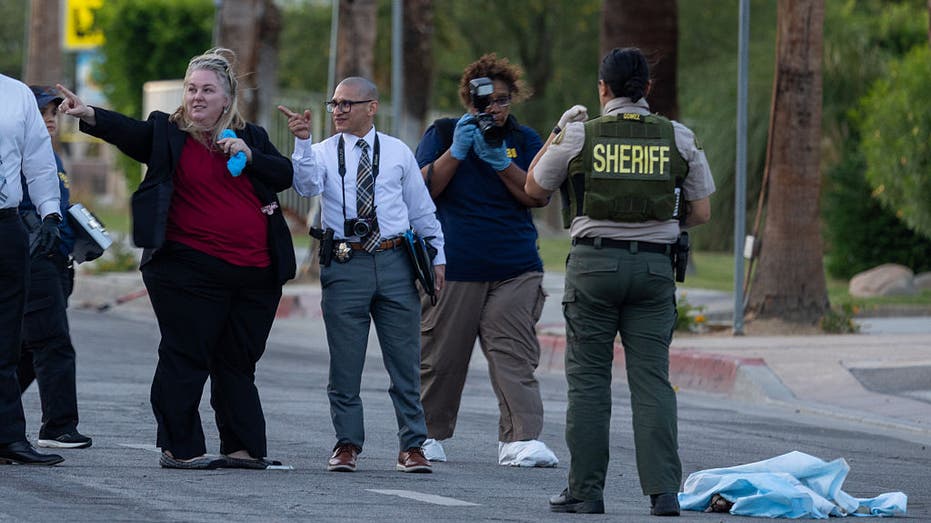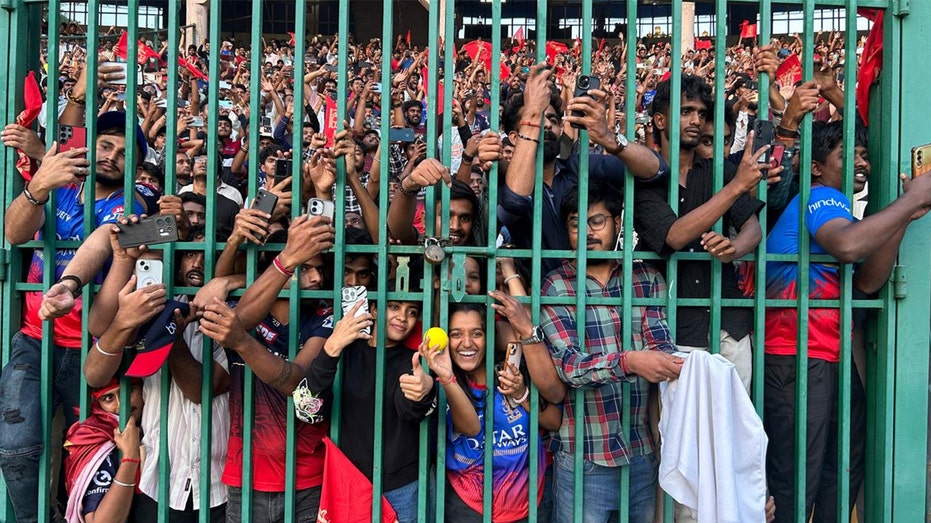Boulder Terror Attack Highlights Surge in Antisemitic Incidents Across the U.S. in 2025
Boulder, Colorado, investigates weekend terror attack amid rising anti-Semitic incidents across the U.S. in 2025.

The United States has experienced a marked rise in antisemitic attacks and violent pro-Palestinian protests following the escalation of the conflict between Israel and Hamas. Since the October 7, 2023, attack on Israel, anti-Jewish hate crimes have surged to record levels, as revealed by recent FBI data. This alarming trend has continued well into 2025, with several incidents drawing national concern over safety and civil discourse.
Over the weekend, Boulder, Colorado, became the latest flashpoint when police responded to reports of a man armed with a weapon setting people on fire during a pro-Israel event on Pearl Street. Boulder Police Chief Stephen Redfearn confirmed that the attack targeted a group organized by "Run for Their Lives," an organization advocating for the release of Israeli hostages held by Hamas in Gaza. Eight individuals, ranging from 52 to 88 years old, were injured—one critically—after the attacker used incendiary devices during the assault. The suspect, identified as Mohamed Sabry Soliman, was arrested at the scene and is now facing multiple charges including murder, assault, and terrorism-related offenses. Authorities later revealed that Soliman was in the U.S. illegally, prompting further debates surrounding security and immigration enforcement.
MIT's commencement ceremony also made headlines this year after graduating senior Megha M. Vemuri delivered a speech sharply criticizing the university's relationship with Israel. Her remarks accused MIT of complicity in "genocide" and drew both applause and outrage among students and attendees, leading to a dramatic walk-out by Jewish and Israeli students. Vemuri also praised student activism calling for a ceasefire and the severance of ties with the Israeli military. Security at the event had to intervene after tensions flared, with some audience members vocally protesting her statements while others waved Palestinian flags in support. In response, MIT officials barred Vemuri from participating in subsequent graduation events, citing her unsanctioned deviation from her approved speech and disruption of the ceremony.
Violence has not been confined solely to public events and academic settings. In Washington, D.C., a tragic shooting claimed the lives of two staff members from the Israeli Embassy—Yaron Lischinsky and Sarah Lynn Milgrim—outside the Capital Jewish Museum during a humanitarian event for Gaza. The alleged shooter, Elias Rodriguez, reportedly shouted "Free, free Palestine!" upon his arrest. The FBI is investigating this deadly incident as a possible hate crime and examining any potential terrorist connections, underscoring the heightened risks faced by Jewish and Israeli individuals amid ongoing hostilities abroad.
Another disturbing case involved Pennsylvania Governor Josh Shapiro, whose home was set ablaze while he and his family were celebrating Passover. The suspected arsonist, Cody Balmer, now faces multiple charges including attempted murder and terrorism. Investigators report that Balmer acted out of hatred toward the governor’s Jewish heritage and his perceived stance on the conflict in Gaza, revealing in interviews and a 911 call that the attack was in protest against Shapiro’s policies and as a statement regarding the war between Israel and Hamas.
This succession of violent incidents has prompted renewed scrutiny of the intersection between international conflict and domestic extremism, as communities across the United States grapple with rising antisemitism, threats to public safety, and contentious political activism. Law enforcement agencies continue to urge vigilance and are coordinating efforts to protect vulnerable groups, as the reverberations of overseas unrest continue to play out within American borders.




